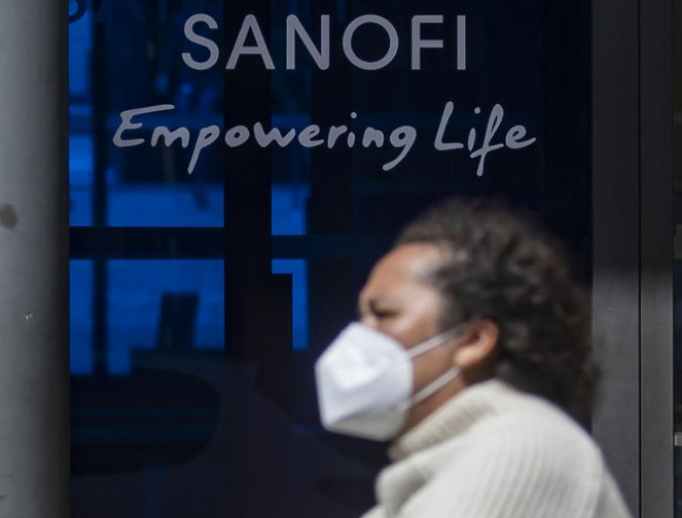France's ex-president Sarkozy appeals 2012 campaign conviction
A Paris court on Wednesday began hearing former president Nicolas Sarkozy's appeal against his conviction for illegal campaign financing in a failed 2012 re-election bid.
The 68-year-old former French head of state appeared relaxed as he appeared for the hearing in a grey suit, speaking with people in the public gallery before proceedings began.
Conservative Sarkozy has faced a litany of legal problems since his one term in office from 2007 until 2012, and has been charged separately with corruption, bribery, influence-peddling, and breaking campaign financing laws.
In the so-called "Bygmalion affair", the former head of state was sentenced to one year in prison in September 2021 on charges that his right-wing party, then known as the UMP, worked with a public relations firm to hide the true cost of his 2012 re-election bid.
France sets strict limits on campaign spending.
Prosecutors said that the firm, Bygmalion, invoiced the UMP rather than the campaign. They said Sarkozy spent nearly 43 million euros on his 2012 campaign, almost double the permitted amount of 22.5 million euros.
Thirteen other people -- including members of the UMP party, accountants and Bygmalion executives -- were found guilty of various charges, ranging from forgery and fraud to complicity in illegal campaign financing.
In the original trial, only four defendants, including the deputy head of the campaign, Jerome Lavrilleux, admitted any responsibility.
Sarkozy denied all wrongdoing, insisting that while there had indeed been "false invoices and fictitious agreements... the money had not gone into (his) campaign".
The appeal trial is scheduled to last nearly five weeks, with Sarkozy slated to testify on November 23.
Contacted by AFP, Sarkozy's lawyers declined to issue any statements prior to the hearing.Sarkozy, who was criticised by the prosecution in the original trial for only turning up for the day of his actual hearing and deeming himself to be "above the fray", is expected to attend some of the most important sessions this time around.
He was charged last month in a separate witness tampering case relating to alleged Libyan financing of his 2007 presidential win.
Sarkozy also faces a separate probe into possible potential influence-peddling after he received a payment by Russian insurance firm Reso-Garantia of three million euros in 2019 while working as a consultant.
Despite his legal troubles, Sarkozy remains a hugely influential figure on the French right, courted by politicians and writing regular books that are major publishing events.
(AFP)
French financial authorities probe drug gaint
Sanofi over financial reporting irregularities
Parquet National Financier prosecutors are eight months into a probe surrounding the dissemination of misleading information related to the drugmaker's financial communications, a judicial source told Bloomberg on Tuesday.
Sanofi insisted that as a listed company its financial information was "accurate, precise and sincere," fully audited by two auditing firms and denied knowledge of the investigation.
"Sanofi is not aware of any preliminary investigation on its 2017 accounts or other matter by the Parquet National Financier. We stand by the accuracy of our accounts," Sanofi said in a statement to CNBC.
French online news outlet La Lettre, which first reported the probe, said it was linked to the 2017 launch of Sanofi's blockbuster eczema jab, Dupixent.
The asthma and skin drug is the company's best-selling product with sales of Dupixent expected to top $10 billion in 2023. Sales could go much higher if trials to confirm its effectiveness in treating a chronic lung disorder are successful.
Sanofi's share price was down 0.5% at $90.20 a share in late afternoon trade on the Euronext exchange in Paris, after plunging as much as 2.5% earlier.
The stock had been trading at $107 or above for weeks prior to Sanofi issuing a shock 2024-2025 profits warning Oct. 27 and saying it was putting its consumer health business up for sale, sending the price spiraling down 20%.
=========================================================





